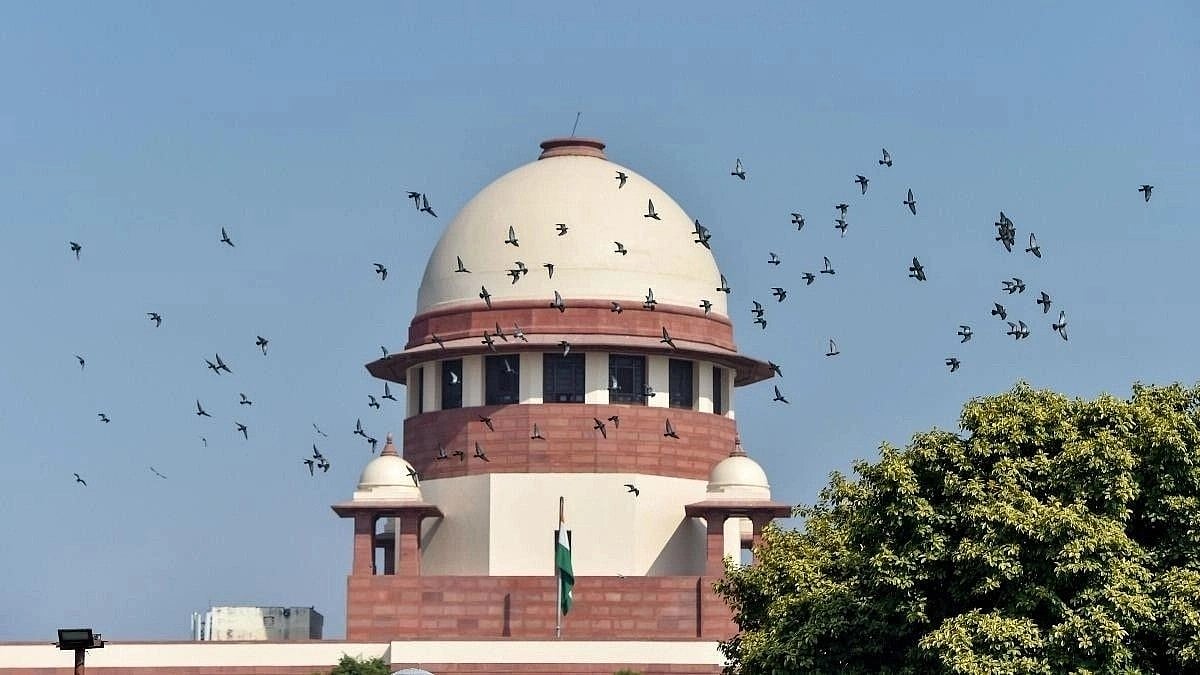New Delhi: The Supreme Court on Monday dismissed a plea challenging an order upholding a 2023 rule mandating proficiency in Telugu language to qualify for the civil judge’s post in Telangana.
A bench of Justices B R Gavai and Augustine George Masih told the petitioner’s counsel, “It (rule) only says you need to know Telugu.” The petitioner, a practising advocate, applied for the post of civil judge pursuant to a April 2024 notification.
Before the high court, he challenged the constitutionality of Rules 5.3 and 7(i) of the Telangana State Judicial (Service and Cadre) Rules, 2023 over the requirement of the language.
The petitioner also sought a direction to provide the option of being proficient either in Telugu or Urdu as a qualification for being a civil judge aside from providing the option of translating from English to Telugu or Urdu and vice versa in written examination conducted under the 2023 Rules.
Before the top court bench, the petitioner’s counsel said 15 per cent population in Telangana was Urdu speaking.
The counsel said his client cleared the qualifying examination.
The bench, however, refused to examine the plea and dismissed it.
In the Telangana High Court, the petitioner’s counsel argued since Urdu was given the status of second official language in the state, it was arbitrary and unjust that an option of being conversant with Urdu or Telugu in the rules for recruitment for civil judges was not provided.
“This is trite that it is in the province of the employer to decide about the conditions of service, eligibility and qualification etc. Employer is the best judge to decide about these aspects. The scope of judicial review on these aspects is very limited,” the high court said in its order of November last year.
It cannot be said that the provision of recruitment rules called in question were arbitrary, discriminatory or violative of Article 14 of the Constitution, the high court added.
While dismissing the plea, the high court said since the decision of the authorities was in the province of “policy decision” for betterment of judicial administration, it couldn’t be struck down only because another view was possible.
(Except for the headline, this article has not been edited by FPJ’s editorial team and is auto-generated from an agency feed.)
